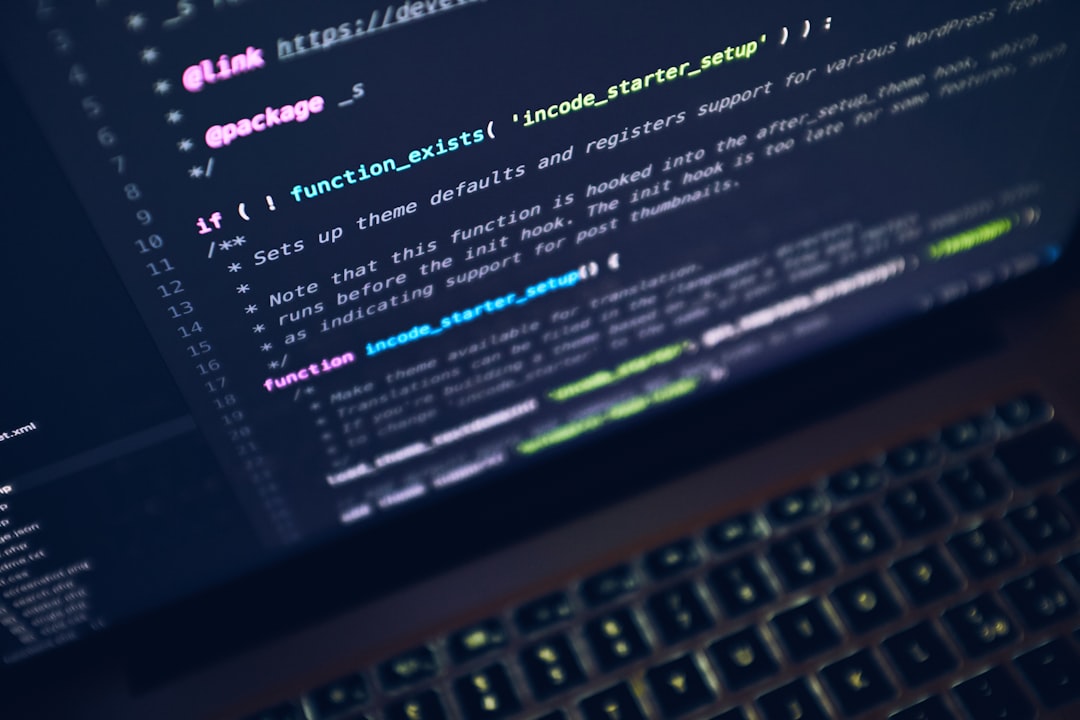
Mastering Ubuntu CLI for Coding: Essential Commands and Tricks
The command line interface (CLI) in Ubuntu is an incredibly powerful tool for developers and system administrators alike. Mastering Ubuntu CLI for coding not only boosts your productivity but also enhances your ability to automate tasks, manage systems, and collaborate effectively. This article delves into essential commands and tricks that will help you become proficient in the Ubuntu CLI, making your coding experience smoother and more efficient.
Why Use the Ubuntu CLI?
The Ubuntu CLI provides a direct interface between the user and the operating system. Unlike graphical user interfaces (GUIs), the CLI allows for greater control over system processes, batch processing, and remote management. Mastering the CLI is essential for:
- Automation: Automate repetitive tasks using shell scripts.
- Efficiency: Execute commands quickly without navigating through menus.
- Remote Operations: Access and manage remote servers seamlessly.
- Customization: Tailor your environment and workflows to suit your needs.
Essential Commands for Ubuntu CLI
Here’s a list of essential commands that every developer should understand when navigating the Ubuntu CLI:
1. File and Directory Management
Navigating Directories
To navigate through directories, use:
cd /path/to/directoryTo go back to the previous directory:
cd -Listing Files
To list files in a directory:
ls -lFor a more detailed view:
ls -la2. File Manipulation
Creating Files
To create a new file:
touch filename.txtEditing Files
To edit files, you can use editors like nano or vim:
nano filename.txtTo save and exit in nano, press CTRL + X, then Y to confirm.
Copying and Moving Files
To copy a file:
cp source.txt destination.txtTo move a file:
mv source.txt destination.txt3. System Information
Checking System Resources
To check memory usage:
free -hTo check disk usage:
df -hProcess Management
To view running processes:
topTo kill a process:
kill 4. Networking Commands
Checking Network Status
To view your network configuration:
ifconfigTo test connectivity:
ping google.comRemote Access
To access a remote server using SSH:
ssh user@remote_hostUseful Tricks for Ubuntu CLI
Mastering the Ubuntu CLI goes beyond knowing commands; it’s about using them efficiently. Here are some tricks to enhance your command line experience:
1. Command History
Use the history command to view your previous commands. You can re-execute any command by typing !n, where n is the command number.
2. Autocomplete
Press Tab while typing a command to autocomplete it. This saves time and reduces errors.
3. Chaining Commands
You can chain commands using && and ;. For example:
mkdir new_folder && cd new_folderThis command creates a directory and navigates into it if the creation was successful.
4. Using Pipes and Redirection
Redirect output to a file using >:
ls -la > output.txtPipe the output of one command into another using |:
ps aux | grep pythonCurrent Developments and Trends
The CLI has evolved significantly, with tools like Docker, Kubernetes, and Git enhancing development workflows. Mastering these CLI tools allows for efficient software deployment, orchestration, and version control, making them indispensable for modern developers.
Case Study: Streamlining Development with Git
Git is a version control system that relies heavily on the CLI. By mastering Git commands such as git clone, git commit, and git push, developers can manage their codebases effectively. For example, a team may use Git to collaborate on a project, using branches to work on features without affecting the main codebase.
Expert Opinions
Jane Doe, a seasoned DevOps engineer, states: “Mastering the CLI is no longer optional for developers. With the rise of cloud computing and microservices, the CLI has become a vital tool for efficient system management and automation.”
Further Reading and Resources
To expand your knowledge and skills related to mastering the Ubuntu CLI, consider the following resources:
-
Books:
- “The Linux Command Line” by William Shotts
- “Linux Pocket Guide” by Daniel J. Barrett
-
Online Courses:
-
Documentation:
Glossary of Terms
- CLI: Command Line Interface, a text-based interface for interacting with the operating system.
- SSH: Secure Shell, a protocol for securely accessing network services over an unsecured network.
- PID: Process Identifier, a unique number assigned to each running process.
In conclusion, mastering the Ubuntu CLI for coding is an essential skill for developers and system administrators. By utilizing essential commands and implementing efficient tricks, you can enhance your productivity and streamline your workflows. Explore these tools and resources, and you’ll be well on your way to becoming an Ubuntu CLI expert.
Embrace the power of the Ubuntu CLI today! Share your thoughts, experiences, or any additional tips in the comments below. Happy coding!


